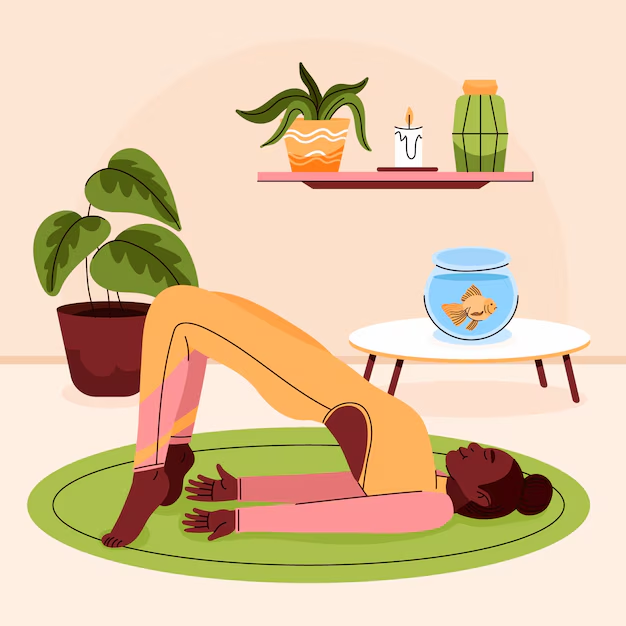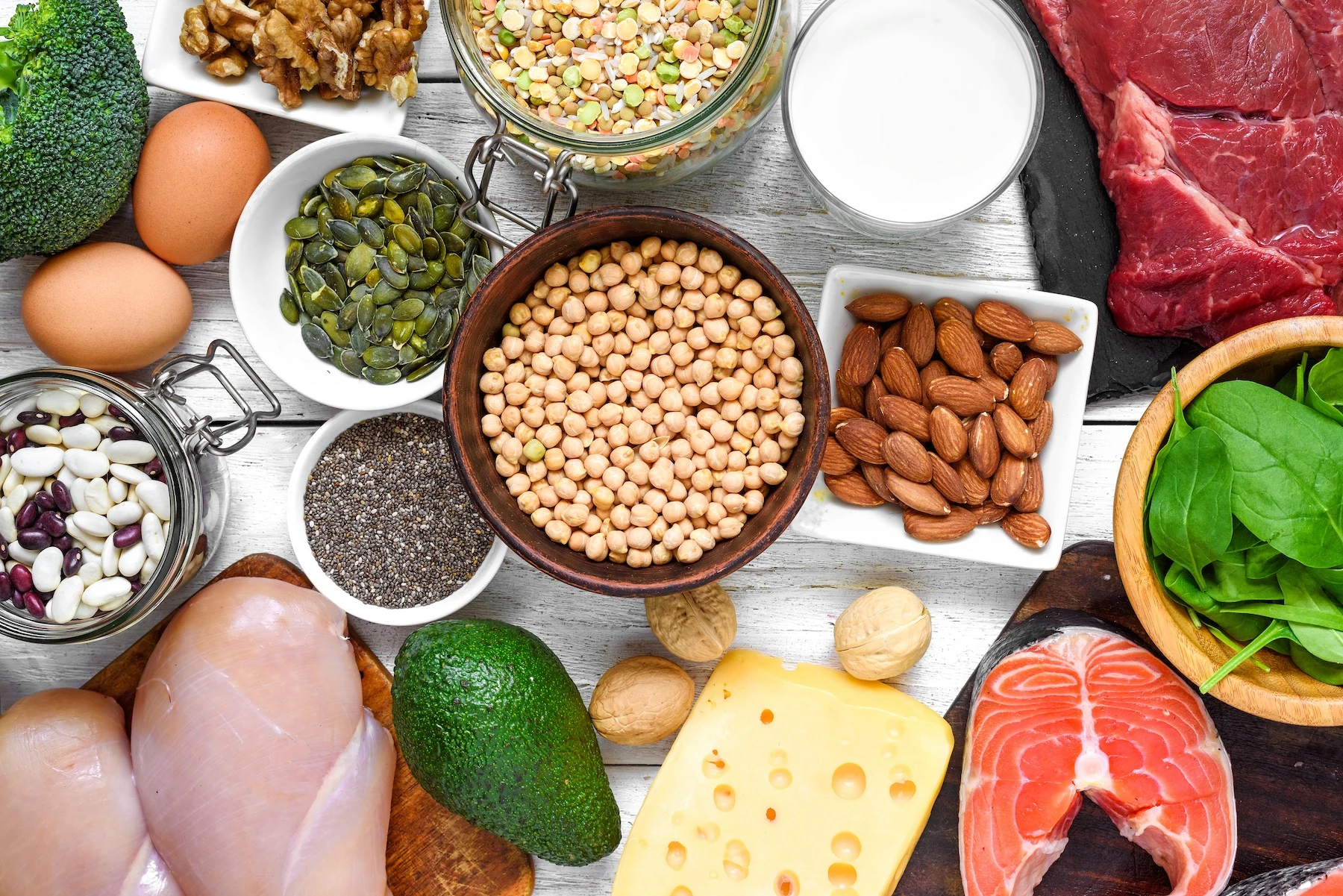Protein is one of the most important things your body needs. It helps you maintain lean muscle, keeps your immune system strong, gives you energy, helps with weight control, and plays a key role in enzyme activity—which is essential for basic body functions and detoxification. Most people think of protein supplements as something only weightlifters or bodybuilders use, but these days, even serious yoga practitioners are adding protein shakes and supplements to their daily diet.

Now, how do you know if you’re getting enough protein? Let’s look at some signs that might mean you’re running low:
- Do you wake up in the morning and still feel exhausted, like you could easily go right back to sleep?
- When you’re doing your asana practice, or other exercises like running, cycling, or lifting weights, do you suddenly hit a point where you feel completely drained—way earlier than you should?
- Have you been sticking to a good workout routine but still not seeing the results you expected? Like no matter how much you exercise, you just can’t seem to build strength or muscle?
- Are you dealing with dry, brittle hair that falls out more than usual when you brush or wash it?
- Do small cuts or scrapes take much longer to heal than they used to?
- Have you noticed strange ridges or lines in your fingernails?
If any of these sound familiar, you might not be getting enough protein. A long-term protein deficiency can also lead to other problems—like constant cravings for carbs, caffeine, or sugar, frequent headaches, muscle and joint pain, trouble sleeping, low mood, and even depression.
Eating enough protein is especially important after a yoga session because it helps your muscles recover faster and prevents soreness. If you do a more active, fast-paced style like vinyasa, protein also helps build endurance and strength. Some great post-yoga snacks include lean proteins like skinless chicken breast, tuna, a handful of nuts, or a bowl of quinoa and lentils.
You might be wondering—why is protein suddenly such a big deal in the yoga world? Well, a lot of yogis are vegetarians or vegans, which means they have to be extra mindful about getting enough protein. When we practice yoga, we’re asking our bodies to move, stretch, and hold poses—sometimes for long periods. In return, we have to make sure our bodies have the right fuel to stay strong and healthy, not just for yoga but for everything else we love to do.

If you don’t get enough protein, your brain won’t work as well as it should. You might forget things easily, feel like your thoughts are all over the place, or even struggle to find the right words when you’re talking.
Your immune system gets weaker, and your energy levels drop—which means even after an amazing yoga session, you might end up feeling worse instead of better!
A simple blood test can tell you if you’re low on protein, but sometimes, just eating more protein for a few days can make a huge difference. You’ll notice symptoms fading fast. Do a little research to figure out how much protein you’re actually eating.
Most yogis who do active styles like vinyasa need around 100 grams of protein a day—but remember, 100 grams of protein isn’t the same as 100 grams of food! (So no, a small steak won’t cover it.) Luckily, there are plenty of easy guides online that tell you how much protein is in different foods.
We all know yoga has incredible benefits, but if you eat the right things after your practice, you’ll boost those benefits even more. So focus on your breath during class—and pay just as much attention to what you eat afterward!
Do you eat right after your yoga session? What’s your favorite way to get protein?
